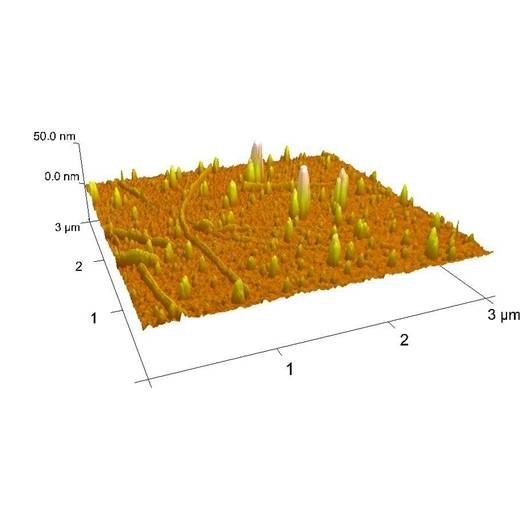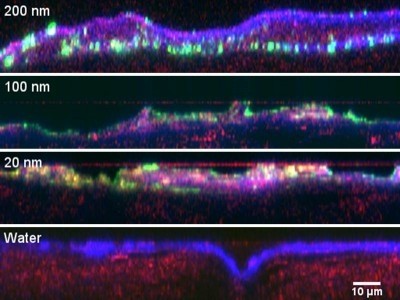Scientists develop detection technology for nanoparticles in cosmetics

Nanoparticles are used more and more in everyday products and are regarded as a key technology of the future, so much so that the researchers from the University of Tübingen decided to study the possible side effects with their new international project which examines nanoparticles and what they can do.
“Because they are widely added to cosmetics such as crèmes and sprays… we all come into daily contact with nanoparticles,” says the research.
Detect and analyse
“As yet, manufacturers are not obliged to list the addition of nanoparticles to their products; but it is not yet known what effect they can have on living organisms and the environment. The particles are so small that they can be absorbed into the bloodstream via the lungs, traveling to all parts of the body including the brain.”
Ten institutions in six different countries are participating in the project, known as INSTANT (Innovative Sensor for the fast Analysis of Nanoparticles in Selected Target Products).
According to the scientists, they are developing a sensor which will be able to test for nanoparticles quickly and cost-effectively even in complex media such as milk or blood.
Classification
Optical and electrochemical processes are being combined to quickly classify the particles and to evaluate their characteristic sizes.
The project will see the development of label-free sensors to determine biomolecular effects in the areas of health, food safety, and environment analysis, and also gaining valuable experience in, what they term, is a relatively unexplored field.
Nanotechnology has in recent years become an increasingly important focus of research, due to their undoubted advantages for use in sunscreens and cosmetics, but some of the studies have questioned their safety.



















